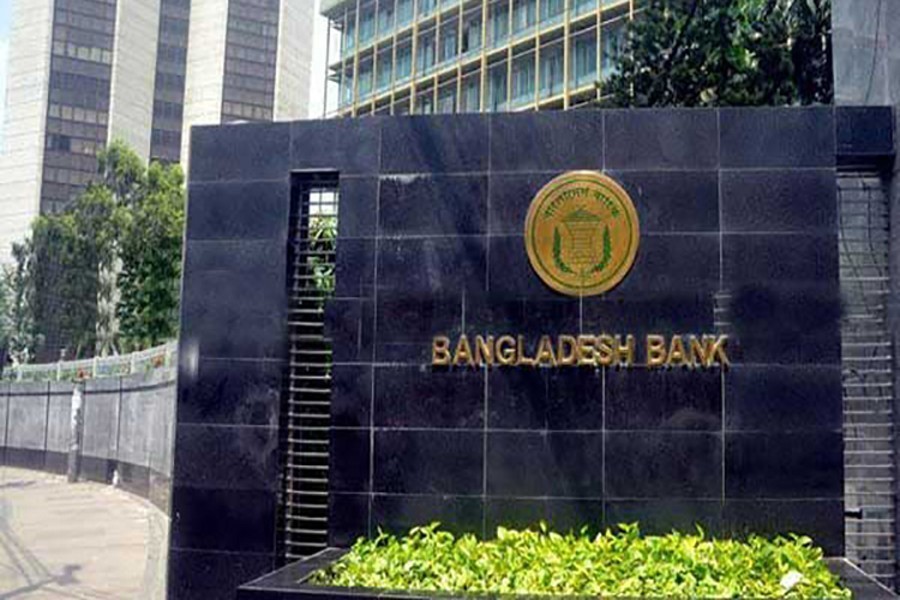Taking charge at a most challenging time for the economy both on the domestic and the international fronts, the new governor of the country's central bank, the Bangladesh Bank (BB), will have to be very circumspect in every of his moves from the very start. For, he will have to face the legacy of high inflation, volatile foreign exchange market, widening current account deficit and so on handed down from his predecessor. Evidently, his primary tasks would include taming the high inflation that is increasing people's cost of living though their income level is remaining stagnant. At the same time, protecting taka from a continuous fall in its value against the US dollar is another challenge he will have to address.
As could be learnt from reports, the new BB governor has already set out his plans in the form a priority tasks list where these issues have been included. And in this hour of national need, such a stance is only expected of the new BB governor. It is hoped he would be equal to the challenges facing him. Now the inflationary pressure on the economy apart, the falling foreign exchange reserve situation is the trickiest issue facing the economy. A host of factors, according to experts, are attributable to this complicated issue. What is in plain sight is that the amount of foreign currency getting out of the country is more than what is coming in from export earnings and from wage earners' remittance. In the fiscal year 2021-22, the wage earners' remittance was US21.03 billion, which was 15 per cent lower than the previous fiscal year's volume of homeward remittance. The situation has not improved much despite various moves made by the government in the form of increased incentives for the wage earners so they may use the official channel to transfer their money.
On the other hand, the BB has also increased L/C margins against import of luxury and nonessential commodities to control the outflow of foreign currency. Understandably, this has been done to contain, what they say, growth in demand for external goods. But seeing that, as of Tuesday's BB report, the foreign exchange reserve with it (BB) has gone down further to US$39.8 billion, one wonders, if the measures so far taken are enough to restore a comfortable position for the forex reserve. The latest dip in reserve position, however, is being attributed to the payment of US$1.99 billion made to the Asian Clearing Union (ACU).
That is definitely a cogent argument in favour of the forex reserve's position as on Tuesday. But the developments over the last few months, say, from August last year (2021) when the BB's forex reserve position was at its highest ever at US$48 billion till today has baffled many in the government as well as experts outside it. It is that the BB's foreign exchange reserve position is on the slide since it reached its peak 11 months ago. Experts believe, there may be more to this than meets the eye. A former BB governor wonders if foreign currency trade in the kerb market where demand for greenback seems to be high for unknown reasons has anything to do with the constant flight of dollars from the country. Whatever the case may be, the new BB governor, it is widely believed, knows his job and will be able to take the challenges facing him in his stride.


